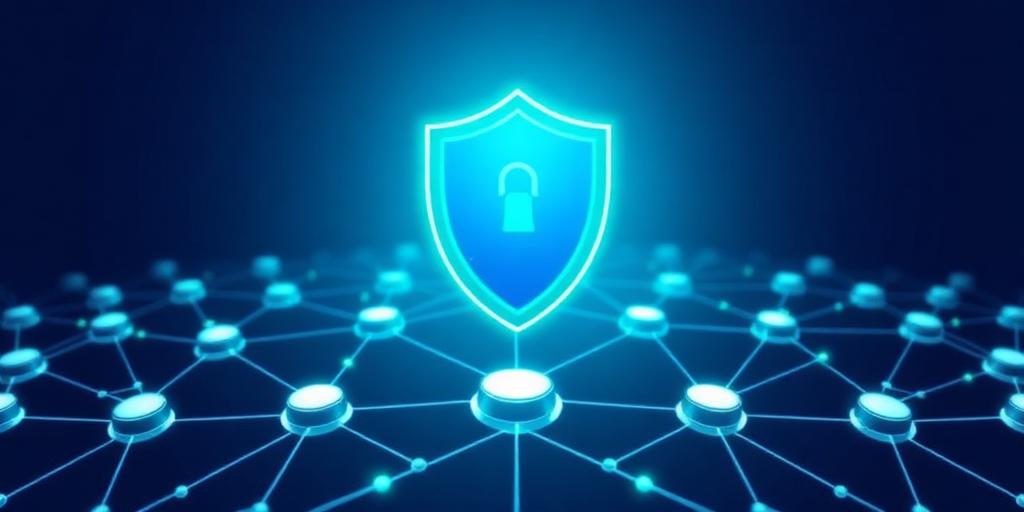In today's digital age, online privacy is a growing concern. Many people use Virtual Private Networks (VPNs) to protect their data and maintain anonymity. But a common question arises: Can your Internet Service Provider (ISP) see that you're using a VPN? Let's separate fact from fiction.
What is a VPN and How Does it Work?
A VPN creates a secure, encrypted connection between your device and a remote server. All your internet traffic is routed through this server, masking your IP address and encrypting your data. This makes it harder for third parties, including your ISP, to monitor your online activities.
Can Your ISP Detect VPN Usage?
The short answer is: Yes, your ISP can detect that you are using a VPN. However, what they can see is limited.
- What they can see:
- That you are connecting to a VPN server.
- The IP address of the VPN server.
- The amount of data transferred.
- What they cannot see:
- The websites you visit.
- The data you send or receive.
- Your actual IP address.
When you connect to a VPN, your data is encrypted. This encryption prevents your ISP from seeing the content of your traffic. They can only see that you are connected to an IP address that belongs to a VPN server.
Methods ISPs Use to Detect VPNs
ISPs employ several methods to detect VPN usage:
- Port Detection: VPNs often use specific ports. ISPs can monitor traffic on these ports to identify VPN connections.
- Deep Packet Inspection (DPI): This technology allows ISPs to examine the data packets you send and receive. While DPI can't decrypt VPN traffic, it can identify the characteristics of VPN protocols.
- IP Address Monitoring: ISPs maintain databases of known VPN server IP addresses. If your traffic is directed to one of these IPs, they can infer VPN usage.
Why ISPs Might Care
There are several reasons why an ISP might want to know if you're using a VPN:
- Traffic Management: ISPs manage network traffic to ensure optimal performance. VPNs can add overhead, so detecting them helps ISPs optimize network resources.
- Compliance: ISPs must comply with legal and regulatory requirements. They need to ensure users are not engaging in illegal activities, even when using a VPN.
- Service Restrictions: Some ISPs might restrict VPN usage if it violates their terms of service.
Bypassing VPN Detection
If you want to prevent your ISP from detecting VPN usage, here are some strategies:
- Obfuscation: Some VPNs offer obfuscation features that mask VPN traffic to look like regular internet traffic.
- Stealth VPN Protocols: These protocols are designed to avoid detection by DPI.
- Using a Lesser-Known VPN: Major VPN providers are more likely to have their server IPs identified by ISPs. A smaller, less-known VPN might fly under the radar.
- Running Your Own VPN Server: Setting up your own VPN server can make it more difficult for ISPs to detect VPN usage, as the server IP will not be associated with a commercial VPN provider.
Conclusion
While your ISP can detect that you're using a VPN, they cannot see the specifics of your online activity. Understanding how ISPs detect VPNs and employing methods to bypass detection can help you maintain your online privacy. Using a VPN remains a strong method to safeguard your data and ensure a more secure internet experience.









